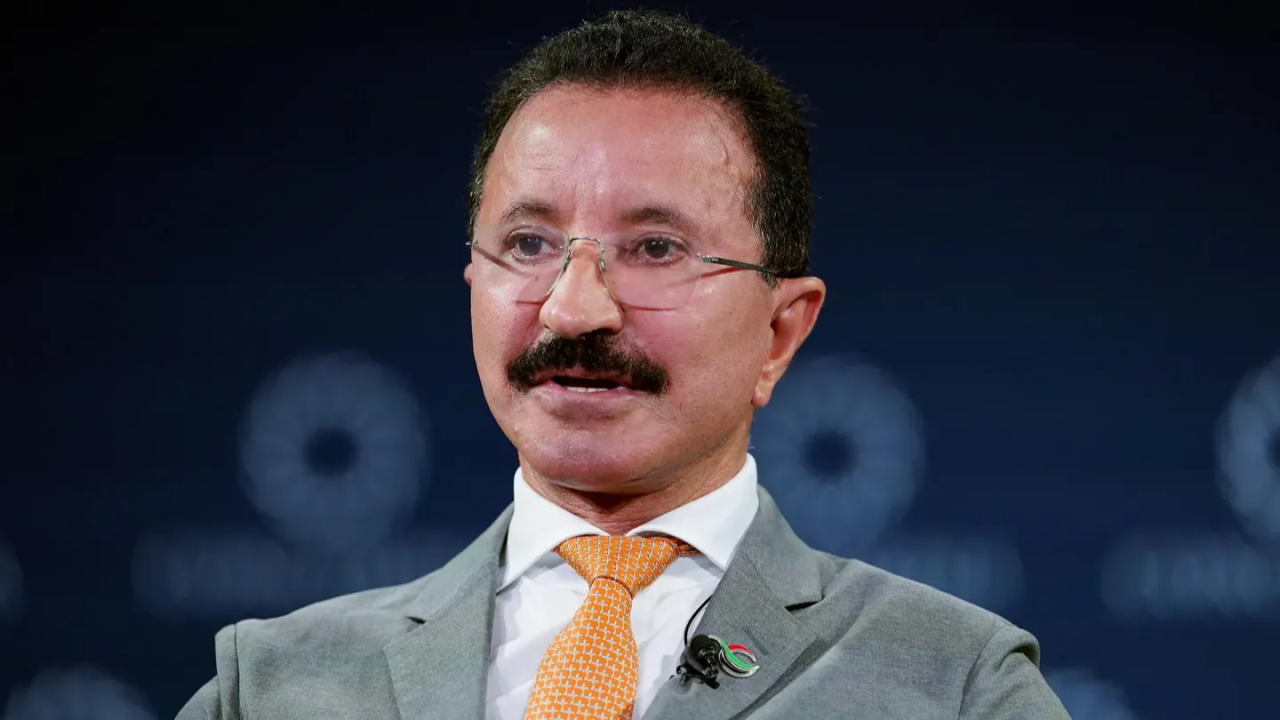Savills Impacts Digest Newsletter: December

Savills
453,642 followers
December 17, 2024
As we wrap up 2024, we’re looking ahead to the trends shaping real estate next year. AI, decarbonisation and consumer confidence are just some factors we identified in our annual survey of Savills research leads in 33 countries. This month, we explore those factors in more detail and share our forecasts for the investor and occupier sectors.

Paul Tostevin
Head of Department, Director of World Research at Savills
2,505 followersFollow

We expect 2025 to deliver more economic stability than previous years. Our recent survey of investors, occupiers, and Savills research leads anticipates a macro environment of rising wages, strong employment, and lower inflation for 2025. We forecast global real estate investment turnover will rise 27% to $952 billion in 2025. By 2026, this figure should surpass the $1 trillion mark for the first time since 2022.
But the economy isn’t the only factor driving property markets next year:
- Demographics: Skilled office workers are clustering in hotspots around the world, driving office requirements.
- Environment: Growing awareness of climate risk in real estate means investors must consider ESG criteria alongside traditional metrics when investing.
- Technology: Generative AI and PropTech will become more widely available and support net zero objectives.
- Legislation: Policy is becoming more accommodating to foreign investment in Asia and the Middle East.
- Geopolitics: This is the second most important factor for the industrial and logistics sector, particularly when it comes to reshaping global supply chains and growing nearshoring.
- Social responsibility: Developers, investors and other stakeholders are just beginning to recognise social value as an investment.
Read about the macro themes driving real estate markets in 2025.

Occupiers are expected to have a positive 2025, with respondents to our annual survey forecasting increased demand and rental growth in most sectors. More than 70% expect rents to rise, versus 13% who believe they will flatline and 15% who think they will fall.
For offices, modest rental growth is projected across all regions. In Saudi Arabia, the UAE, the UK, and Spain, where supply remains limited in many central business districts, strong growth is expected. In the US, however, respondents expect growth to hover below 2%.
Retail conditions look set to improve – especially in established luxury retail centres in the US, UK and Japan – with buoyed consumer confidence and an uptick in sales volumes forecast for next year.
Tech and life sciences are expected to see the largest increases in office occupier demand, fuelled by innovation and AI. This, in turn, will drive real estate occupier demand.
Read Sarah Brooks’ 2025 global occupier outlook.

Three-quarters of survey respondents expect investment activity and capital values to improve next year. Advanced economies are set for a stronger recovery, driven partly by anticipated interest rate cuts, which should boost investment and property value growth.
The future looks bright for emerging markets such as India, where growing demand for office space and catch-up potential – rather than interest rates – remains a key driver of investor activity.
We are most optimistic about prime offices. The growing trend of tenants prioritising high-quality spaces, combined with limited stock in some areas, is expected to support strong rental and investment growth. Meanwhile, secondary office spaces may attract value-add and opportunistic investors.
Investors will continue to embrace mixed-use residential and logistics “beds and sheds” developments, even though affordability concerns may slow rental growth.
Other picks for core strategies next year are: the industrial and logistics sector; the living sectors; retail (albeit with careful capital deployment in this fast-changing sector); and alternative real estate investments, including the data centre sector.
Read the 2025 Global Investment Outlook by Oliver Salmon and Charlotte Rushton.
Impacts is also available as an email newsletter, covering more issues relating to global real estate insights. Sign up to receive it directly to your inbox here.

Paul Tostevin
Head of Department, Director of World Research at Savills
2,505 followersFollow
Paul Tostevin heads the Savills World Research team and is one of the lead directors of Impacts, Savills flagship global research programme. His work analyses how economic, political, demographic and technological trends influence real estate markets, today and in the years to come.
This newsletter is for general information only and should not be considered professional advice. Savills accepts no liability or responsibility for any direct, indirect or consequential loss arising from the use of, reference to or reliance on, this newsletter or its content.




